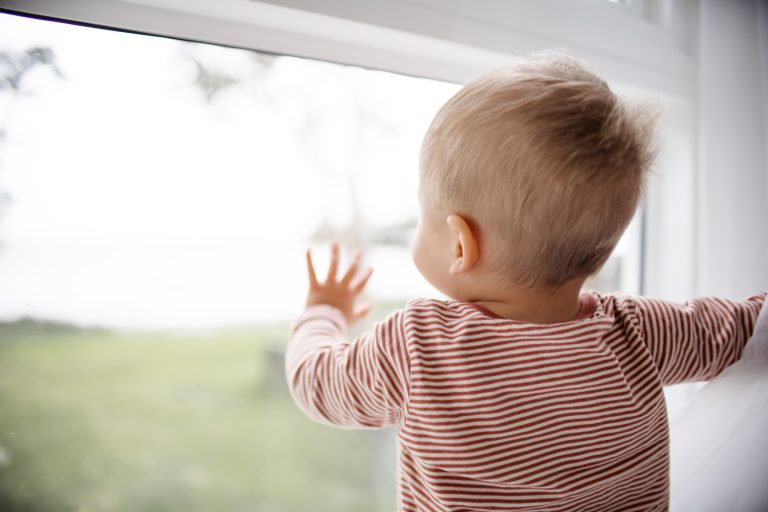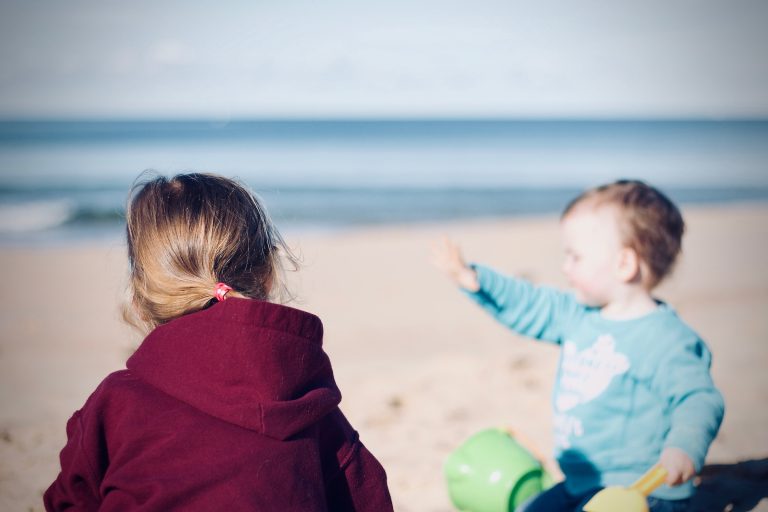Published in The Guardian on 4 April 2020
Whether we like it or not, our economy – and indeed our society – is going to be remade over the coming months. But we do have a choice about how this remaking is done – in fear or in hope – and we need to make that choice now.
That is the choice Mariana Mazzucato offers us in her prescient book The Value of Everything: Making and Taking in the Global Economy (2018) – which seems to lay out in advance what governments, businesses and communities around the world are learning fast amid Covid-19.
Once dubbed the world’s scariest economist, and then an economic rockstar, Mazzucato’s work on public value and the entrepreneurial state doesn’t pit government against business, unions or the community. It has them working together to imagine the future.
That’s the opportunity we have today – and we’ve seen it in real time as government, the opposition, business and unions have worked together to shift our economic response from one of fear to one of hope. The jobkeeper announcement was a “yes, we can” moment brought about by a crisis that is unprecedented but was not unexpected. It should signal a new norm – alliances activated to develop a national Covid19 mission anchored in hope.
In December 2018, the Centre for Policy Development hosted Mariana Mazzucato’s first Australian tour. At the time she wrote for this publication and asked if Australia was too focused on our rate of growth, and not its shape or direction.
It’s a warning many made about the dangers of Australia’s direction of travel during our 29-year record run of GDP growth. There have been a number of warning signs, whether it’s company behaviour brought to life by multiple royal commissions, government reliance on consultants and contractors over deeper capability and memory, broken employment services that have left long-term jobseekers with anaemic Newstart payments and wait-lists of more than five years, and a system that doesn’t value our caring professions anywhere near as much as they should.
Our reflection at the end of Mazzucato’s tour was that, with few exceptions, neither the public nor private sector in Australia had enough capability, confidence or the right incentives to chase missions that were cross-cutting, far-sighted, smart and sustainable. The penny was yet to drop.
Finding a pathway out of Covid-19 will not be easy. It will be a huge feat to restart our society and our economy once the worst passes. First and foremost, this will be a human crisis beyond most of our scariest dreams. Many of us will have families, friends, relatives or colleagues directly impacted. Many already have been, whether it’s because they are sick, are on the front line, are out of work, have lost their business, or are losing hope.
But it would be a huge mistake for Australia to go back to where we came from. We need to reflect seriously on our national capacity before the crisis – the lack of complexity in our economy, diminishing capability across our public sector, and the inequity in our communities. Our headline growth indicator was okay but struggled to be clean, sustainable or inclusive, particularly coming out of a summer bruised by drought, heat, fire and storms.
We now have a chance to mobilise the nation around the Covid-19 missions and moonshots that help us to deal with this crisis and prepare for the future. We have a unique chance to rebuild our uniquely Australian society together, in a way that works for all, including our most disadvantaged, and makes us better prepared for systemic shocks. A focus on missions is perfect for a country like Australia with our unique disposition to democracy, and where businesses are stepping up on purpose and broader social responsibilities.
What could a Covid-19 mission look like?
It starts with recognising this crisis will affect our society differently and, for once, recognising those that need the most care are our elderly, our young, people with disability, Indigenous Australians, homeless, those in our criminal justice system, and our migrant communities.
It moves to rethinking how we value care: recognising that at this moment of crisis it is the teachers, nurses, carers and cleaners who are delivering the essential services to hold society together. It is about wondering why these jobs, largely performed by women, are paid less than some of the high-flier careers that now seem to be peripheral to core purpose.
It is about rediscovering the art of service delivery at local level. We are recognising that community is a centre of both production and support that can never be privatised or outsourced. From developing local caring circles for neighbourhoods in lockdown to looking at how local streets can produce fruit and vegetables to sustain each other. Community deals will help us to grow our society and protect the most vulnerable.
Our Covid-19 mission will be about rebuilding broken industries, with a view to the future and not a relapse into a flawed past. In childcare, for instance, where many providers may not survive the lockdown, there will be an opportunity to create a sector that truly honours the international research that early learning is the passport to a happy and thriving life. Dealing with these challenges will, by necessity, force us to rethink the way our federation is working. At the moment, the federal government funds long-day care while the states are largely responsible for “kinder”. It is not a national mission for our kids but a mishmash.
Our mission can end the false dichotomy between the economy and the environment and rebuild industries that serve both. Embracing renewable power, rethinking the way we consume energy and embracing the challenge to get to net zero emissions will make our economy more competitive, more equitable for women and more productive at the same time. We can rethink local manufacturing and supply chains and with it a richer, more diverse set of jobs and skills for our people.
Hope about the new normal that can emerge in the wake of Covid-19 is now the best currency Australia has at its disposal. Agreeing on a set of Covid-19 “missions” for Australia will help us to deal with the complex and cascading human, health and economic crises now upon us.
Could we for instance, commit to planting 100 million trees and vegetable gardens as part of rebooting of our economy? This would lift the Landcare initiative for 20 million trees to be planted in Australia by 2020 five-fold. This bigger mission would be a practical way to reduce emissions, generate income, create jobs and foster community engagement, something many Australians can do while self-isolating or while observing physical distancing.
Whatever we decide, our collaborative response to Covid-19 should help Australia to build a bridge to a stronger society, one that allows us to solve some of our biggest problems and renew trust in democracy at the same time.
Sam Mostyn is Deputy Chair and Travers McLeod is CEO of the Centre for Policy Development (CPD).



